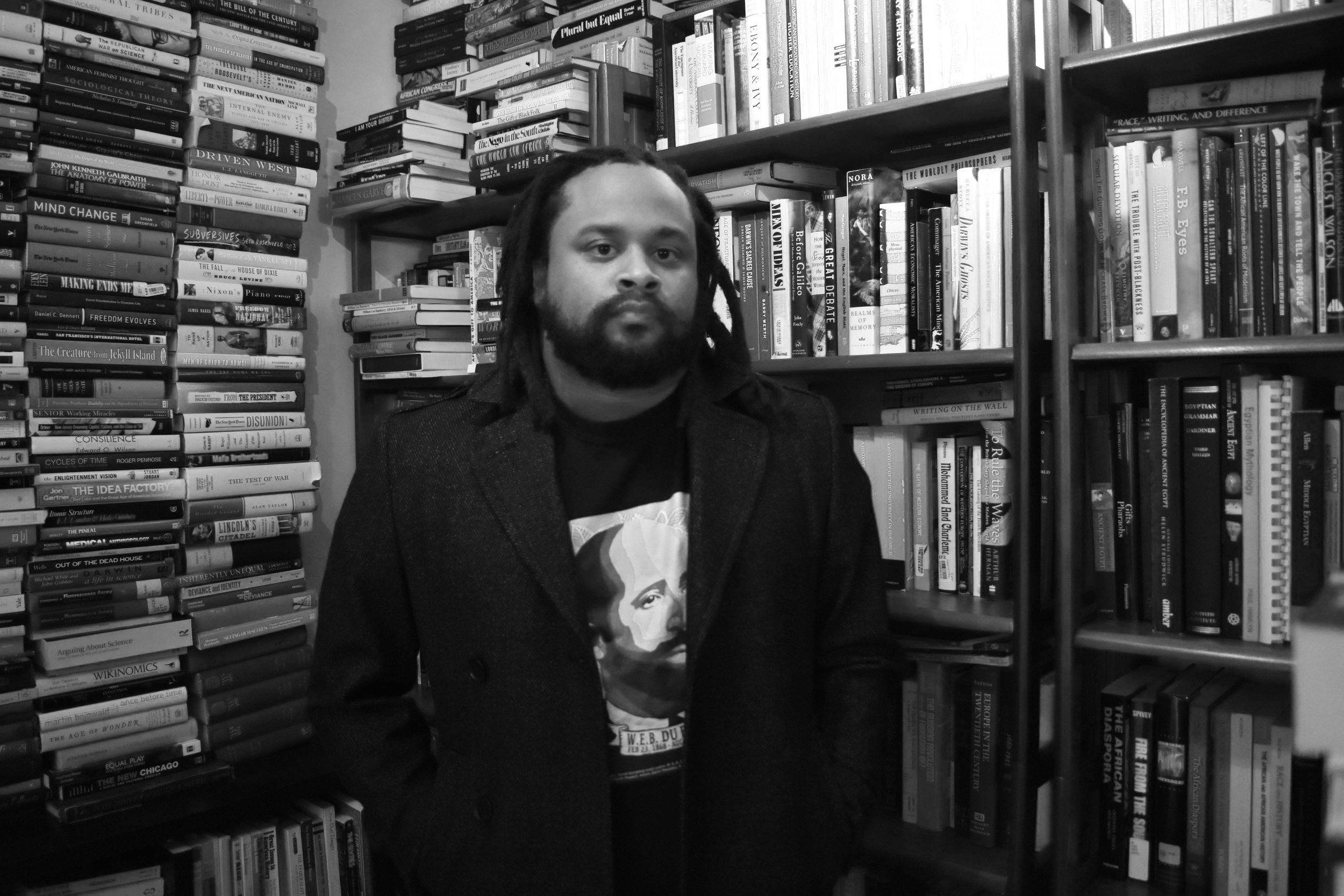Lecture Notes: Reading The Terms of Order in the Age of Trump - Pt. 3
Politicians are not heroes.
But we should not dismiss the ways and reasons we imagine them as such. Charisma—and its manifestations in the charismatic leader, the charismatic event—represents a dynamic relationship, a way of knowing that might in fact lead us beyond the current political order, if understood in different ways. That it has been grafted (appropriated might be a better term) onto political order is for Robinson the demonstration of a “pathology” of charisma (154). In constructing the myth of political leadership that is at the core of Western societies, political actors have instituted a conception of order analogous to the Greek polis rendered through a Judeo-Christian concept of History—that is how we live and move through the world cognizant that we must do so in a particular way to stave off destruction, however defined. These conceptions of order transposed charisma from its “mystical” context in order to rationalize its usage for a market-conscious, bureaucratic edifice, which was itself the product of a newer myth, a newer grounding assumption: that of political leadership. (See Part Two). Chapter Four of the The Terms of Order, “The Messiah and the Metaphor,” deconstructs these relationships through a treatment of Max Weber, Claude Levi-Strauss, Michel Foucault, relating the question of time to authority and both of these to the construction of mythologies—those ways we make sense of reality as well as its conceptual limits.We respond to the catharsis of the charismatic event and the ecstasy of the charismatic leader because through those words, those experiences we descend toward a depth of spiritual connection that is irrational. While few of us felt this sort of connection to Donald Trump (some did, and we would do well to recognize this), Barack Obama has been described as perhaps the most charismatic political figure to occupy the presidency since John F. Kennedy. And we can certainly argue that his election was seen as cathartic, rent with ecstasy and joy. Yet, we must also argue that this charismatic event produced the continuities of the logics of a market society, fully arrayed against the deeper meaning of catharsis, fully arrayed against a system that exists for the alleviation of repressed feelings of fear (and perhaps, pain). Erica Edwards, author of the brilliant foreword to the new edition of Terms and of Charisma and the Fictions of Black Leadership (2012), puts it well:
What Weber would not do, and what sociology since Weber has not done, is interrogate how charismatic authority as a cultural construction operates within gendered, racial ideologies of the self and the political and, further, how charismatic authority authors hierarchy as much through terror as through the seemingly benign manufacturing of consent.[1]
On the Obama moment, she argues:
The staging of black American history and identity as a parade of leaders ending with Obama—and the reapplication of that staging in the service of a postracial tale of American goodness—short-circuits desires for social, political, and economic justice and channels them into a fiction of leadership that is lacking in historical detail, structured in social hierarchy, and shaped by normative gender codes.[2]
When we (mis)read charisma as constitutive of political project premised on Western traditions of order with societies that rely on the "political" we implicitly accept the coercion and violence that inherently characterizes such a society. As Edwards argues, such violence is continuously present where this appropriation of charisma and the crafting of the charismatic scenario prevails. On this rationalized violence and its relationship to charisma, Robinson reminds us:
So Weber notwithstanding, political society and political order cannot logically locate their foundations, structurally, in the charismatic phenomenon for the substance of the relationship is fundamentally different from what can be achieved in a rationally related society. (153)
And when we take the language of the political and apply it to other ways of existing and being we commit epistemological violence assuming that what we know as political order is inherent to human social organization. Such was the contradiction of the anarchist theoreticians that Robinson explores in the final chapter, "On Anarchism." Starting with ruminations on human nature of Jean-Jacques Rousseau and Thomas Hobbes, continuing through to eighteenth century anarchist William Godwin, and concluding with what he calls the individualist and the anarcho-socialist traditions of the nineteenth and twentieth centuries, Robinson concludes that anarchism could not escape the presumptions of political order that it was courageously arrayed against. Anarchist theory could oppose the social and political order, but it could not oppose social and political order.
Robinson ends the text with a reading of a group, the Ila-Tonga (of what is now Zambia), that demonstrated again that such conceptions of reality were not inherently human—even as the anthropological sources he used could not effectively break from the notion that primitive societies implied the absence of the State (by which they meant political order, and thus not modern, not civilized). Robinson however reads these societies as possessing a concept of social authority that was based on both kinship and what he calls the "principle of incompleteness"—that is, they built a concept of order that relied on "the indivisibility" of reality—humans, literally could not possess authority (196-199). This was refracted through the social and governance systems that defined life, which was just as concerned with metaphysical realities as material ones. Instead of violence, the Tonga jokester, through shame and humor, resolved transgressions of morality—a system of resolution immediately familiar to anyone that has played the dozens. While this section is suggestive, it represented a tendency to decolonize anthropological ways of knowing African thought systems that has produced important work in the thirty-seven years since this work was published.And even as this is true, little work has been done to take this a step further by decolonizing our conceptions of political order (See Part I). In a little cited essay, "In Search of a Pan-African Commonwealth" (1996), Robinson argued that the political State was perhaps “an undeserving venue” to carry the energies of the anticolonial struggle, an argument that began with his invocation and critique of Kwame Nkrumah's injunction to “Seek ye first the political kingdom.”[3] This is of course not a disavowal of political struggle, for as Robinson concludes Terms, we must “defend ourselves from the destructive objectification of the myth: the apparatuses of repression and control” (214). What must be done, that is not being done in this moment, however, is the second part of this work: “to subvert that [mythical] way of realizing ourselves” (215).
[1] Edwards, Charisma and the Fictions of Black Leadership, 15.
[2] Ibid, 191.
[3] Cedric Robinson, “In Search of a Pan African Commonwealth,” Social Identities 2 (1996): 161-168.







